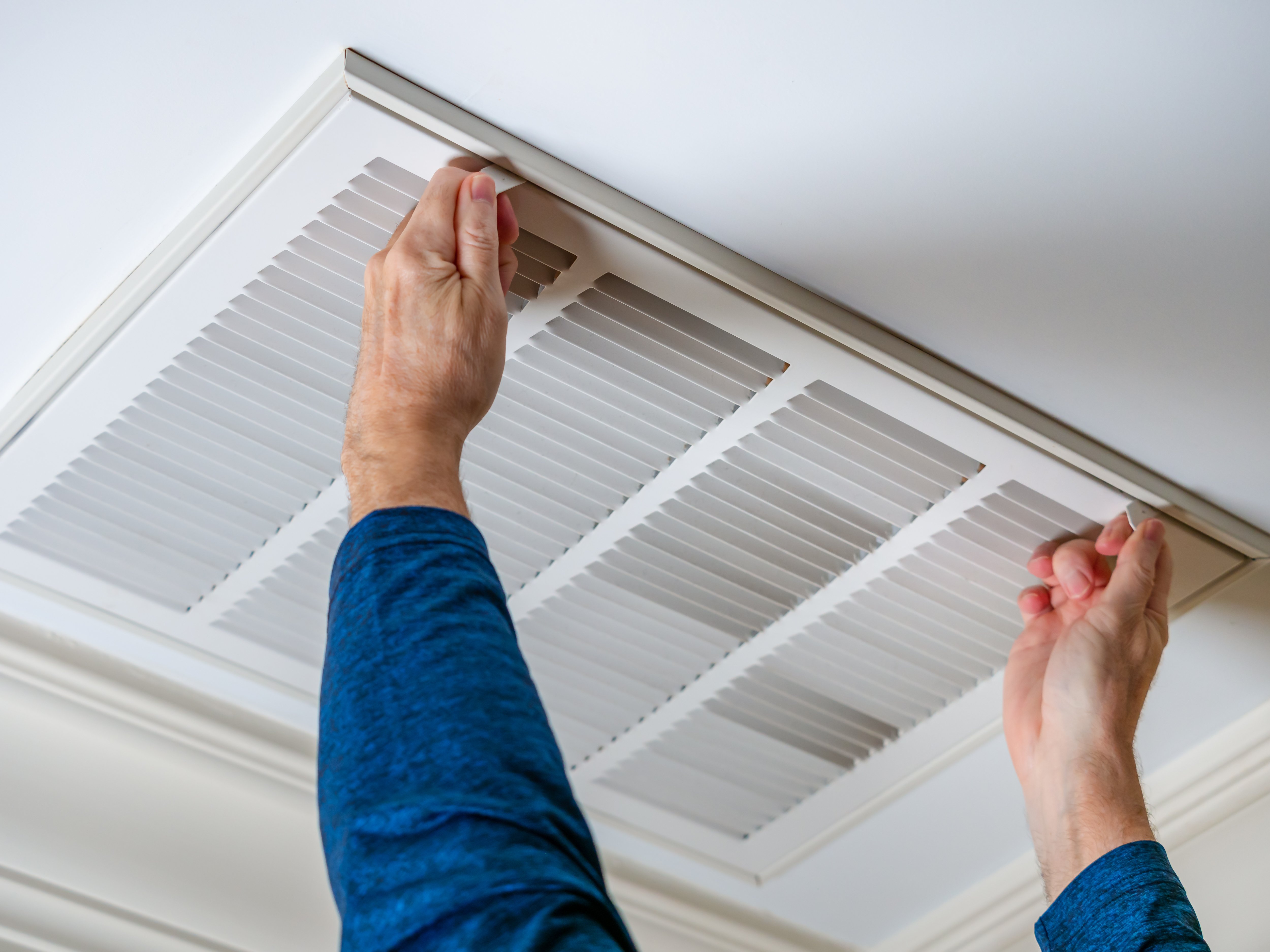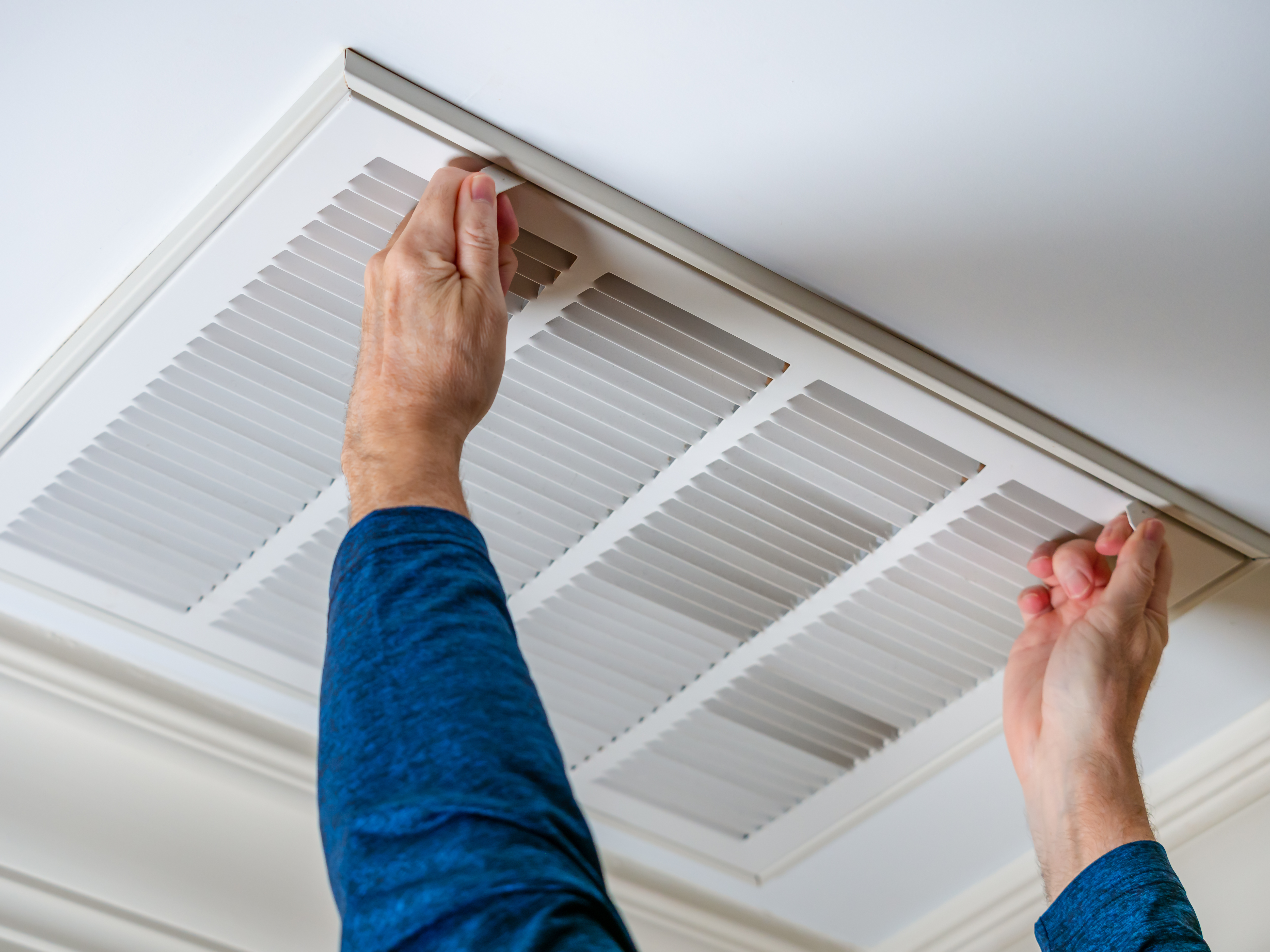In the wake of the COVID-19 pandemic, many offices and schools have sought ways to improve their overall health and safety measures. One such idea is improving air circulation and keeping the right air quality in highly populated spaces. Unfortunately, we now know that the COVID-19 virus can live in the air for up to 3 hours, and that pollution can worsen the symptoms of people who catch it. Additionally, the increased focus on overall hygiene measures has made several business and academic leaders seek new ways of keeping germs, bacteria, and other illness-causing elements out of their buildings.
Often the decision is made to update a building’s HVAC system - but is that enough? While modernizing an older HVAC system can offer many benefits, improving air quality is not a significant one.

An Updated HVAC System Won’t Cut It
With any HVAC system, there is some level of air purification happening. However, those systems are designed differently than a true air purifier and do not accomplish the same things. For one thing, the molecules that can get through the purifier on an HVAC system are numerous. Things like dust, pollen, mold, mildew, and volatile organic compounds (VOCs) all are too small to be caught by an HVAC system.
Furthermore, an HVAC system doesn’t run constantly. Think about how your heat or air conditioning works. Typically you have your system set to a certain temperature, and your HVAC system helps you to retain that temperature. Once you’ve hit that temperature, the system shuts off. That means it’s only running at certain times. It would be very rare for an HVAC system to be running for long periods of time - what’s happening in the air when it’s shut off?
Finally, it’s worth noting that the design of an HVAC system is optimized for keeping things running and to reduce wear and tear on the machines - not to make indoor air perfectly clean. Essentially, an HVAC system manages completely different elements of air control. It can complement your air purification efforts, but should not be the only strategy.
Air Purifiers Offer More
Choosing the right air filters for your HVAC system is important, and can help with keeping your air clean. To truly maintain your air quality, though, an air purifier (per room) is necessary. Even HVAC professionals maintain that an air purifier is important for having the cleanest air possible, particularly for people with any pulmonary health concerns like asthma or allergies.
Air purifiers offer several other benefits, too. They can help to keep your air free of odors, neutralize smoke and smells, rid the air of chemicals and allergens, and reduce exposure to pollution. The even better news is that many customers tell us that purchasing standalone air purifiers is actually a lot more cost-effective than upgrading their entire HVAC system. With units between $99 and $349, it’s easy to choose systems that are right for your space and your budget. You can also look into commercial-grade machines that are ideal for an office or school environment. Medify offers bulk discounts and quick shipping to make things even simpler.
Still have questions about an HVAC system vs. an air purifier? Just ask our experts - they’re happy to help!



